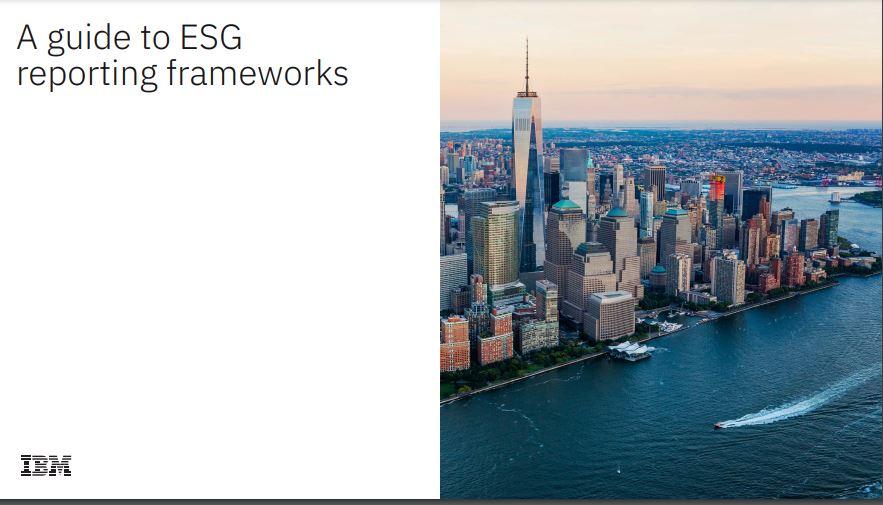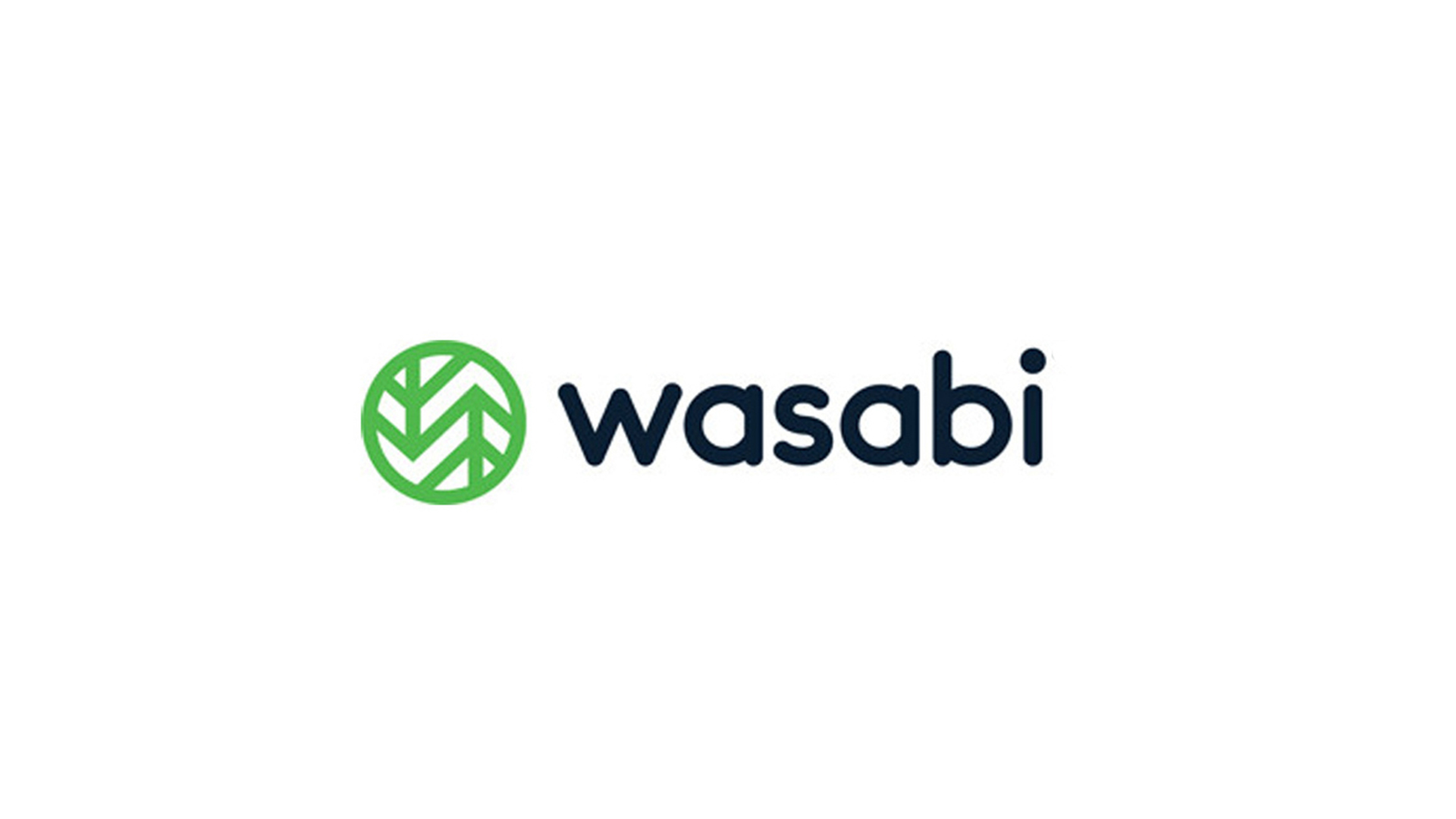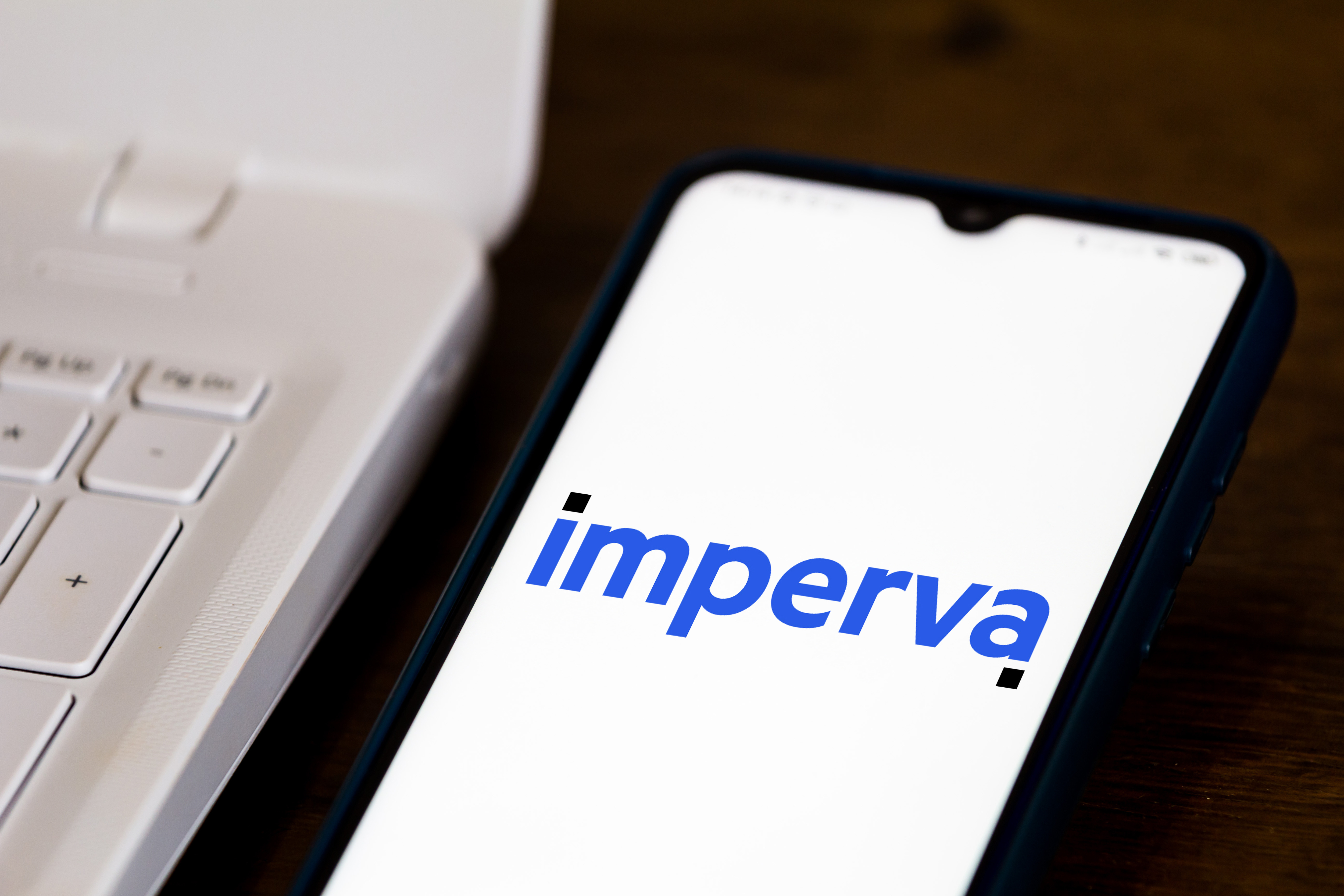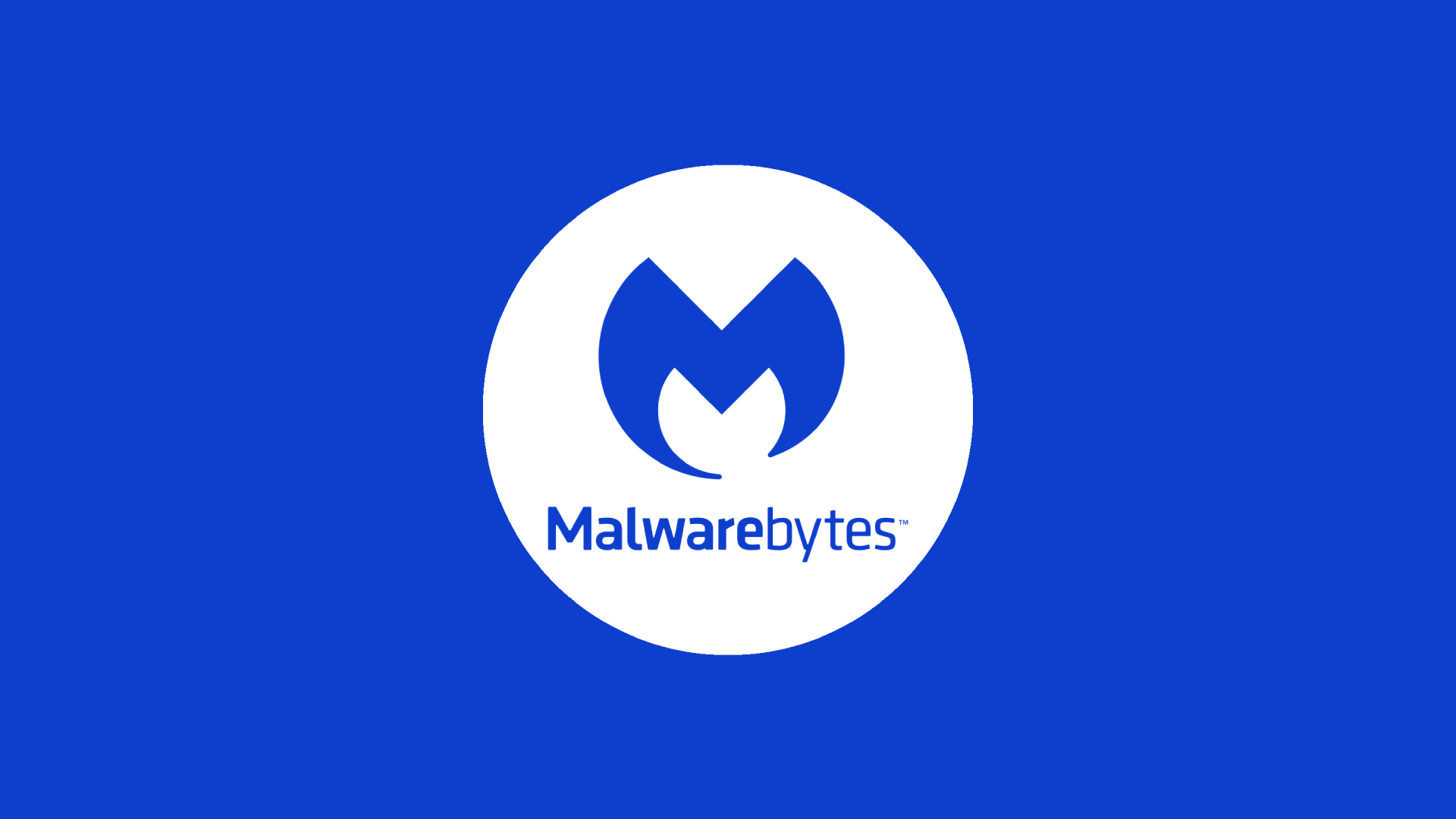Building channel resilience in 2023 and beyond
Building a resilient, robust channel ecosystem could be key to weathering current economic trends


With a slew of tech giants announcing layoffs, the mood of the IT services market is cautious. Big investments and expansion plans are likely to be on hold, at least in the short term.
But while it’s easy to see all of the negative headlines and fear the worst, it’s also important to think long term. There are positive predictions for the year. Gartner has predicted that the IT security market will grow over 11% in 2023, and it’s perhaps a mixed blessing that cyber criminals are keeping the security market buoyant.
Rather than panic, the channel should prepare, and focus on communicating the value of security to grow this part of their business.
Cultivating a resilient ecosystem
Key to creating a compelling security offering is building an ecosystem - working with the right vendors with solutions that work together and can create sales opportunities. For example, email security and endpoint security are essentials that every customer needs, but these can be complemented with security training for users.

John Nolan is managing director of Westcon-Comstor for UK&I, where he leads a team of more than a hundred sales, technical, and operational professionals across the UK and Ireland. Formerly serving as sales director, John has spent 17 years at Westcon-Comstor, having joined the business in 2005 as a key account manager.
Email protection and user awareness together can protect a business far better than just email protection, but businesses will often only demand the first. It’s natural for them to assume that a technical solution will fix what they see as a technical problem. It may take time to educate users, but having the right solution will make this much easier.
Similarly, protection is vital, but there needs to be a backup plan - literally. Data loss prevention is a critical addition to this suite of solutions that can be added later if the customer is not immediately convinced of its necessity.
The key is to create a jigsaw that can be slotted together all at once or completed over time, rather than a cacophony of overlapping products. Providers should be looking to create an integrated suite of vendors and solutions that will segue into complementary sales.
ChannelPro Newsletter
Stay up to date with the latest Channel industry news and analysis with our twice-weekly newsletter
Channel partners should also embrace more of the solutions within existing vendor portfolios. Vendors have done a lot of the hard work in creating solutions where a need exists, and this should be taken advantage of. Just because a vendor is known for its network firewalls, that doesn’t mean it doesn’t offer worthwhile security solutions outside of this niche.
Build a foundation and find areas for growth
RELATED RESOURCE

A guide to ESG reporting frameworks
Guidelines to assist with your approach to ESG reporting
It can be tempting to focus on the here and now, but building resilience means creating a foundation for future growth. It’s natural to say that you should repair the roof while the sun is shining, but that doesn’t mean the roof shouldn’t be repaired during inclement weather.
Even in straitened times it’s necessary to invest in the right training. This is true for sales people, it’s vital that they know exactly what they are selling, but also engineers.
Time needs to be allocated for learning and development, whether that’s gaining certification or learning through communities.
Staying resilient means customers have faith in the partner they work with. Firms will also be using this time to consider how they are spending their money and thinking about value.
But need will be a consideration, and so partners should be proactive in undertaking account reviews to accommodate businesses' evolving needs.
Annual refresh cycles are a thing of the past with as-a-service products, and there’s no need to wait a year to approach a customer and suggest a review if things have changed. By working with vendors that provide strong analytics and dashboard features, insights can not only preempt issues, but be used to upsell.
Partnerships and customer success
Not everything offered by a partner has to be delivered directly. By working with businesses offering complementary solutions then it’s possible to offer a more comprehensive service. This can be a stopgap until a service is brought in-house.
Either way, the point is to let the customer know we are a one-stop shop and can cover all their needs.
That’s important, as one of the key parts of resilience is understanding how important current customers are. We all know the old adage that winning a new customer costs ten times as much as retaining an existing one. Resilience means a sales team has to treat every customer as a potential lifetime partner and show that they are not forgotten once sold to.
Ultimately, resilience means looking at where your business is healthiest and making sure that everything possible is done to make sure this aspect is supported, through sales, customer service, employee education and the right product suite.
It may also be the right time to think about who your customers are - are you a generalist, or are you serving a niche market?
Targeting an audience, rather than limiting options for future sales, can increase resilience - there are benefits of more targeted sales material, a consolidated product suite, even better word of mouth as businesses talk to similar businesses.
Resilience is not a case of battening down the hatches and waiting the bad times out, it means being proactive. It means keeping up with changes that will keep a business going through the worst of times, and being prepared to take advantage of better times.
Most of all, it means looking to the long term as well as making short-term decisions - ”duck and cover” will only work for so long.

John Nolan is managing director of Westcon-Comstor for UK&I, where he leads a team of more than a hundred sales, technical, and operational professionals across the UK and Ireland.
Formerly serving as sales director, John has spent 17 years at Westcon-Comstor, having joined the business in 2005 as a key account manager.
-
 Bigger salaries, more burnout: Is the CISO role in crisis?
Bigger salaries, more burnout: Is the CISO role in crisis?In-depth CISOs are more stressed than ever before – but why is this and what can be done?
By Kate O'Flaherty Published
-
 Cheap cyber crime kits can be bought on the dark web for less than $25
Cheap cyber crime kits can be bought on the dark web for less than $25News Research from NordVPN shows phishing kits are now widely available on the dark web and via messaging apps like Telegram, and are often selling for less than $25.
By Emma Woollacott Published
-
 Selling on outcomes, not solutions – how the channel can improve sales success in 2025
Selling on outcomes, not solutions – how the channel can improve sales success in 2025Industry Insights The traditional solutions-led approach to channel sales needs to be adapted – here’s how
By Phil Skelton Published
-
 Wasabi Technologies promotes Jon Howes to SVP of global sales
Wasabi Technologies promotes Jon Howes to SVP of global salesNews The industry veteran will lead the cloud storage firm’s global sales operations as it looks to further growth
By Daniel Todd Published
-
 IDC InfoBrief: Sustainability doesn’t need to be all stick and no carrot
IDC InfoBrief: Sustainability doesn’t need to be all stick and no carrotwhitepaper CIOs are facing two conflicting strategic imperatives
By ITPro Published
-
 Why technology resellers are essential to UK government
Why technology resellers are essential to UK governmentIndustry Insight Technology resellers can play a pivotal role in supporting public sector digital transformation
By Sean Collins Published
-
 Thoma Bravo adds $1.5bn in value to Imperva before selling to Thales
Thoma Bravo adds $1.5bn in value to Imperva before selling to ThalesNews Software investment giant to sell off the US-based data and application security provider for $3.6 billion
By Daniel Todd Published
-
 Rubrik appoints Zscaler’s Sean Sullivan as director of alliances for EMEA
Rubrik appoints Zscaler’s Sean Sullivan as director of alliances for EMEANews The cyber sales veteran will lead the development of Rubrik’s partnership capabilities and sales strategy across the region
By Daniel Todd Published
-
 How the channel can maximize market opportunities for business growth
How the channel can maximize market opportunities for business growthIndustry Insight Adapting to emerging technology trends, fostering closer client relationships, and building a strong online presence will be key to maximizing channel growth
By Anton Shelepchuk Published
-
 Malwarebytes bolsters reseller partner program with fresh incentives
Malwarebytes bolsters reseller partner program with fresh incentivesNews The revamped initiative aims to help partners generate profitable, consistent business growth and target specific vertical markets
By Daniel Todd Published